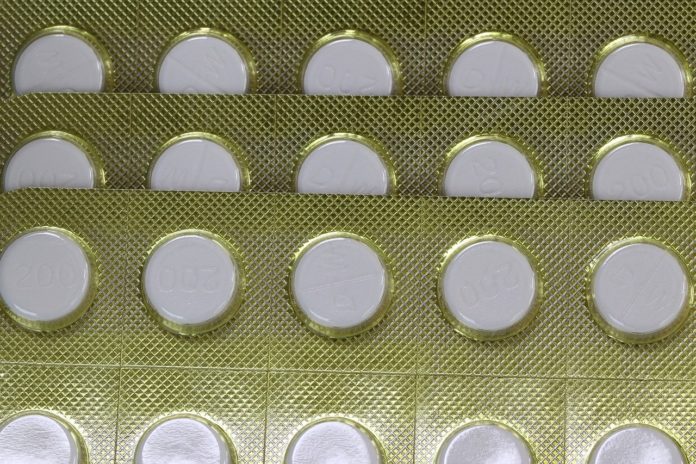KOLKATA: Bengal Chemicals and Pharmaceuticals, the first pharma company of British-ruled India, received nod from the state directorate of drugs control to manufacture hydroxychloroquine. With adequate supply of raw materials, the company can manufacture at least 8 lakh hydroxychloroquine tablets per day.
“We have received the drug manufacturing licence from the West Bengal Directorate of Drugs Control. We can now start manufacturing hydroxychloroquine tablets. We are waiting for the response from the API (Active Pharmaceutical Ingredients) to procure raw materials,” a company official said. Currently, Ipca Laboratories is the largest manufacturer of hydroxychloroquine in the world, followed by Torrent and Zydus Cadila, pointed out senior physician Sukumar Mukherjee.
“Bengal Chemicals does not produce raw materials, or the API. We have approached the central and the state governments to help us in sourcing raw materials as there is a shortage in the market. There are a few Indian companies that manufacture API but they are also short on supplies,” the official said. A top company official said hydroxychloroquine would be manufactured at their plant near EM Bypass-Maniktala crossing.
Bengal Chemicals, which has been producing anti-malarial drug chloroquine for more than eight decades, did not have the licence for hydroxychloroquine—the drug that is being touted as the “game changer” in fighting Covid-19. The company on Thursday applied for a drug manufacturing licence from the state government, which was granted within 24 hours. “Both chloroquine and hydroxychloroquine had a restricted usage among patients. While we manufactured chloroquine, we had not ventured into its analogous compound hydroxychloroquine. The demand surged after some countries got favourable response after treating Covid-19 patients with hydroxychloroquine,” the official added.
Meanwhile, the company is readying its facility to start production as soon as they receive raw materials. While it would take two days for Bengal Chemicals to start production after a few tests, the challenge is availability of raw materials. So far, the bulk of raw materials were imported from countries like China and Taiwan, apart from at least three companies in India. With the lockdown in force, Bengal Chemicals will now have to depend solely on Indian API manufacturers.
Darjeeling MP Raju Bista, meanwhile, spoke to the Union health ministry to ramp up production of cinchona plant — a source for quinine.


